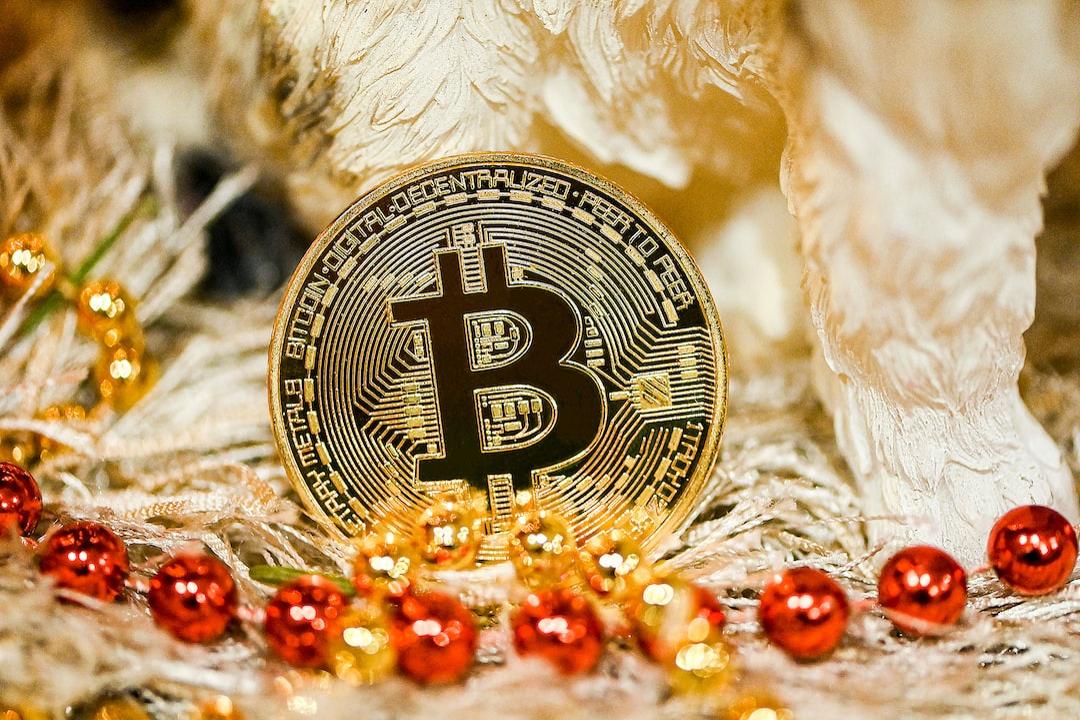Here is a creative re-expression of the article, with the general semantics unchanged and no grammatical errors:
In an era where the digital realm is redefining the financial landscape, Robert Kiyosaki, the renowned author of “Rich Dad, Poor Dad”, emerges as a vocal proponent of Bitcoin, boldly challenging the hegemony of the US dollar. Known for his unconventional investment strategies, which include a fondness for assets like gold and silver, Kiyosaki recently had another reason to celebrate – the remarkable performance of the world’s leading cryptocurrency.
This year, Bitcoin has given Kiyosaki and its enthusiasts ample cause for jubilation. On February 28th, the digital currency achieved a significant milestone, surpassing the $60,000 mark for the first time since 2021. This remarkable surge, a gain of over $11,000 in just five days, prompted Kiyosaki to express his gratitude to Bitcoin through a post on X, where he thanked the cryptocurrency for “kicking the fake US dollar’s ass.”
Bitcoin’s trajectory in recent months has been nothing short of remarkable. After a substantial recovery in the last quarter of 2023, the digital currency has witnessed a staggering increase of over 160% in value over the past 52 weeks. At the time of publication, the BTC price was quoted at US$62,742.27, with a 6% rise in the last 24 hours.
This exceptional performance reignites the ongoing debate surrounding Bitcoin’s potential to establish itself as a superior form of money, a debate that can only be resolved through wider adoption of the cryptocurrency.
While some argue that Bitcoin’s true usefulness as a currency is yet to be proven, the significant impact it has had on the financial world and the public’s perception of the value and stability of conventional fiat currencies cannot be denied.
Disclaimer:
The views and opinions expressed by the author, or anyone mentioned in this article, are for informational purposes only and do not constitute financial, investment, or other advice. Investing or trading in cryptocurrencies carries a risk of financial loss.

